SD Voyager Interview – Meet Mike Veale of Global Conservation Force in Oceanside
Read the interview from “SD Voyager” with GCF President and Founder, Mike Veale.
Click here to read the full article
“Today we’d like to introduce you to Mike Veale.
Mike, please share your story with us. How did you get to where you are today?
Growing up in Southern California, I was always outdoor as a kid; surfing, snowboarding, diving/free diving, hiking, camping, climbing, shooting, and off-roading. My parents were very supportive of my wild nature and put me in boy scouts and I learned from various outdoor skillsets from orienteering to survival basics. At 12 I started shooting and at 13 started to shoot competitively, starting with pistols, moving into scenario competitions with pistol, shotgun, and rifles. When I got to high school, I decided to take on wrestling and hockey as my sports of choice. Eventually I started cross training with friends who had been trained in judo and jut-jitsu to help make me more competitive in wrestling. My lifestyle and hobbies added up to be very useful when I became an anti-poaching ranger.
In my work life, I’ve worked as a Wildlife Professional for the last 15 years, working in various backgrounds of animal care and conservation efforts. Starting off by volunteering with many of San Diego’s most well-known facilities, such as Lions Tigers and Bears, Project Wildlife, Nurtured by Nature and the San Diego Zoos Safari Park. While working my way up in the industry I was also working for my family’s music production company, Lotus Music Production, and partner companies, such as Morning Star Music Production. I was able to gain business experience while working with wildlife.
In 2010, I was hired into the mammal dept. at the San Diego Zoo Safari Park, aka Wild Animal Park to those of us who are born and raised here. I’ve had the privilege to work with many endangered species including okapi, tigers, rhino, scimitar horned Oryx and two of the last Northern White Rhino. In 2012 I was placed on the primary team responsible for several of the African Wildlife Field exhibits and with the Northern White Rhinos, Angelifu and Nola. Simultaneously to this timeline the rhino poaching crisis was starting to ramp up. At the time there were 9 Northern White Rhino alive globally.
In 2013, I made the choice that I was going to figure out how to join the fight on the frontline to protect rhinos, and other animals facing the threat of extinction from poaching, in the wild. I went through the paperwork to take a leave of absence from the San Diego Zoo Safari Park, and started training for ranger intake in South Africa. I was accepted into ranger training in South Africa so then I sold most of my stuff and moved out of the place I was renting in order to raise the funds needed to go overseas. In the beginning of 2014 I became a full-fledged, trained, anti-poaching ranger in the Greater Kruger Park in South Africa, known as the heart of the “Rhino War.” I was lucky enough to be trained by rangers who were former South African and Zimbabwean Special Forces, who had fought in the bush wars of Southern Africa, and veterans of the anti-poaching field.
After training, I was placed in “Specialized Rhino Protection”, and I was working in several reserves, I realized how dire the situation was for wildlife and the rangers who protect them. I decided I needed to do more. After several months, I came home, contacted friends and colleagues from backgrounds of business to wildlife conservation, and formed a board of Directors for Global Conservation Force.
Overall, has it been relatively smooth? If not, what were some of the struggles along the way?
It has been a very difficult road. I’ve been lucky to have the support of many of my close friends and family. The role of an anti-poaching ranger is truly tough. I don’t accept payment for that work, there is a lot of bad news and death in the field and everything seems to be stacked up against you. From corrupt officials to lack of funding and supplies in the field.
On the stateside it is also difficult at times. We at Global Conservation Force as entirely run on volunteer help at the moment. This means we all are working on top of our paid jobs to continue fighting a global wildlife trafficking and poaching issue. In the non-profit world funding is always an issue due to competition and we can only do so much if we don’t have the funds to tackle problems in the field. Luckily with the fundraising we do, and the donations we receive we are experts at making the dollar stretch. We are always looking for the cheapest, most efficient way possible to tackle a challenge.
Global Conservation Force – what should we know? What do you guys do best? What sets you apart from the competition?
I am the President and Founder of Global Conservation Force. I maintain the operations, manage the volunteer teams in their respective avenues, pursue fundraising and maintain primary business functions of the non-profit. I also personally work abroad alongside the ranger teams catching poachers, working with informants and tackling the wildlife traffickers. When I am not working on those avenues within the non-profit I present at schools, colleges and conferences to expand the awareness of the crisis.
What I’m most proud of with Global Conservation Force is the reach we have international and the impact we’ve made. We are not a huge non-profit number wise, but we are making major impact with the teams we work with, alongside and support in the field. I’m lucky and proud that I’m surrounded by so many amazing, passionate and dedicated people who want to help fight extinction.
What truly sets us apart is how far we can make $5, $10, $15, $100 dollars stretch and with those funds, our team is working on difficult and dangerous wildlife crime problems on the ground in the countries dealing with poaching.
What is “success” or “successful” for you?
Success is hard to measure when it comes to poaching because the stats are always hard to look at. We try to measure our conservation successes in how many lives were saved due to medical supplies for rangers, how many rhinos/elephants/giraffe/pangolin weren’t killed in a region compared to the years, months or weeks prior. We measure success in how many organizations, anti-poaching teams, and communities we help or assist.
With our fundraisers we set modest goals in comparison to some of the “industry giants”, looking to raise $4000 – $5000 out of an event to protect more rhino.
With my team I rate success with longevity, happiness and how much of their input we were able to apply to organization.
Pricing:
- $50 can supply a ranger with their basic kit
- $100 can take care of an orphaned rhino or elephant for an entire month
- $300 can cover a fuel budget for a month of anti poaching patrols and poaching incident reactions
- $700 can purchase a horse for mounted patrols, or just about cover a years worth of feed for two horses
- $1000 can sponsor the training program from advanced skillsets for anywhere from 30 to 60 rangers
- $40 can feed an entire community center, for a month, on the edge of the reserves where we work
- $180 can sponsor 3 field trips, for 20 students, to national parks for kids living in the rural communities
Contact Info:
- Address: Oceanside, CA
92049 - Website: www.globalconservationforce.org
- Phone: 1 760 503 4512
- Email: info@globalconservationforce.org
- Instagram: @globalconservationforce
- Facebook: @RhinosGCF
- Twitter: @RhinosGCF”
CONNECT
- P.O. Box 956 Oceanside, CA 92049
- info@globalconservationforce.com
- EIN 474499248
- Copyright 2024. All Rights Reserved. Powered by Wild Media.

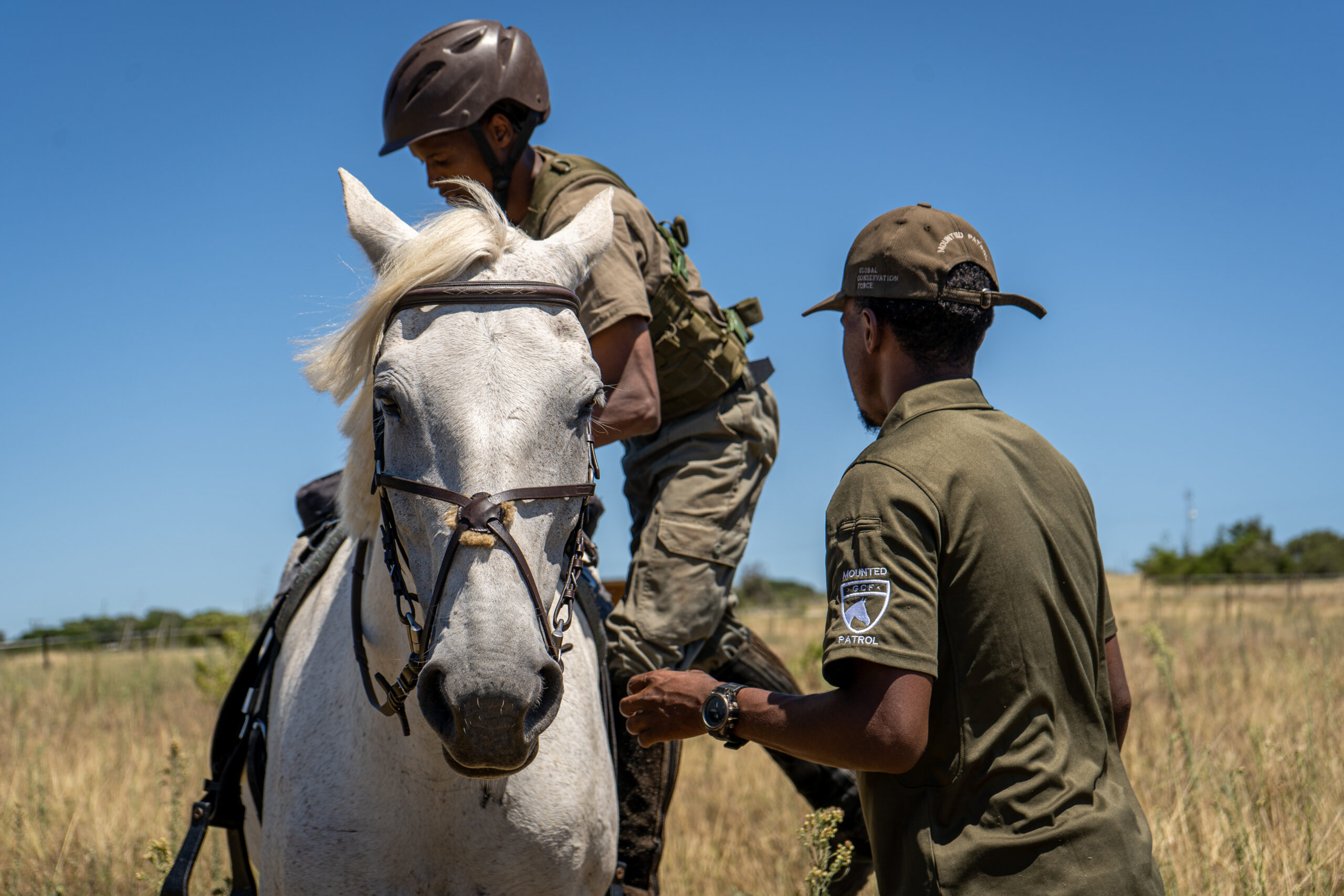
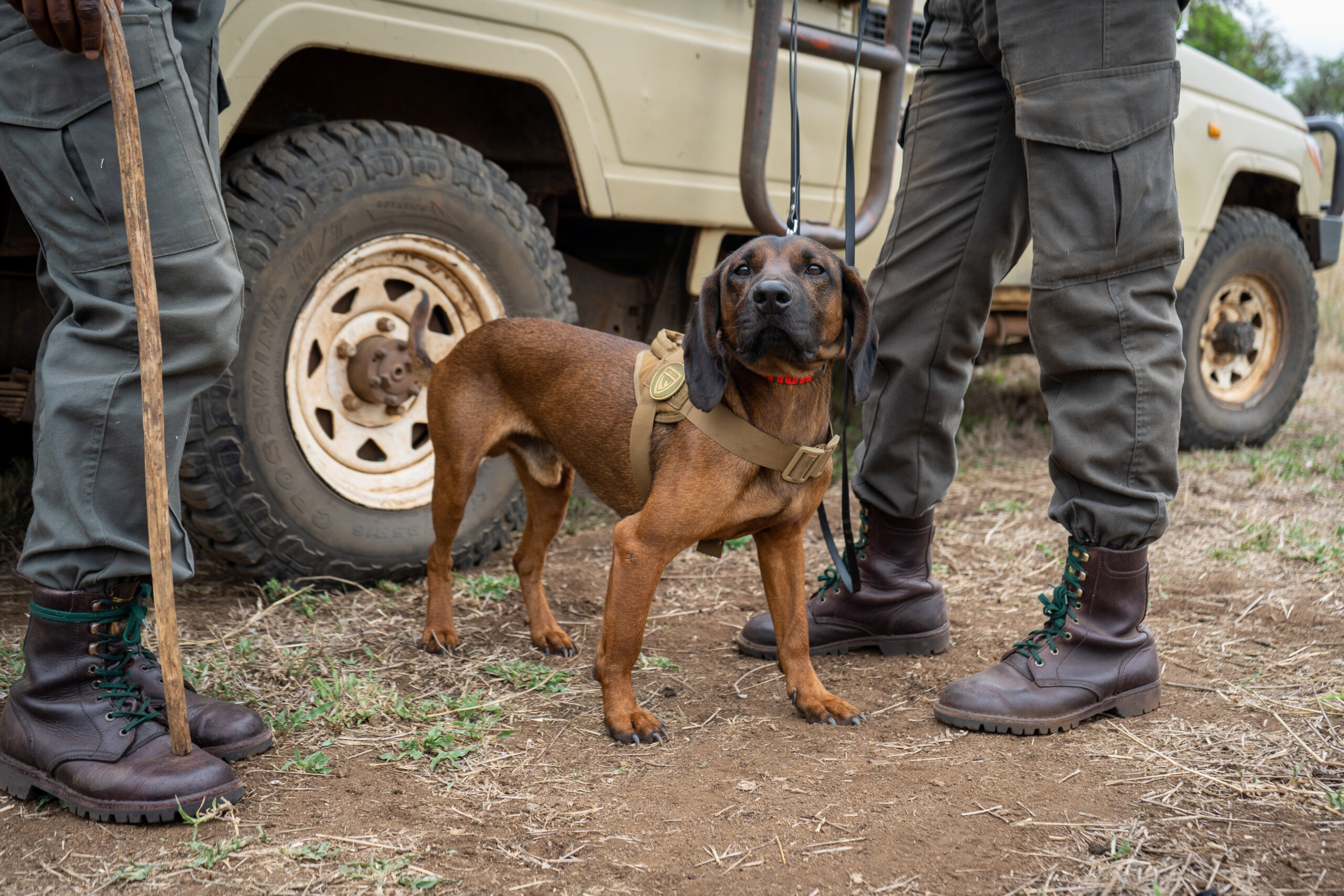
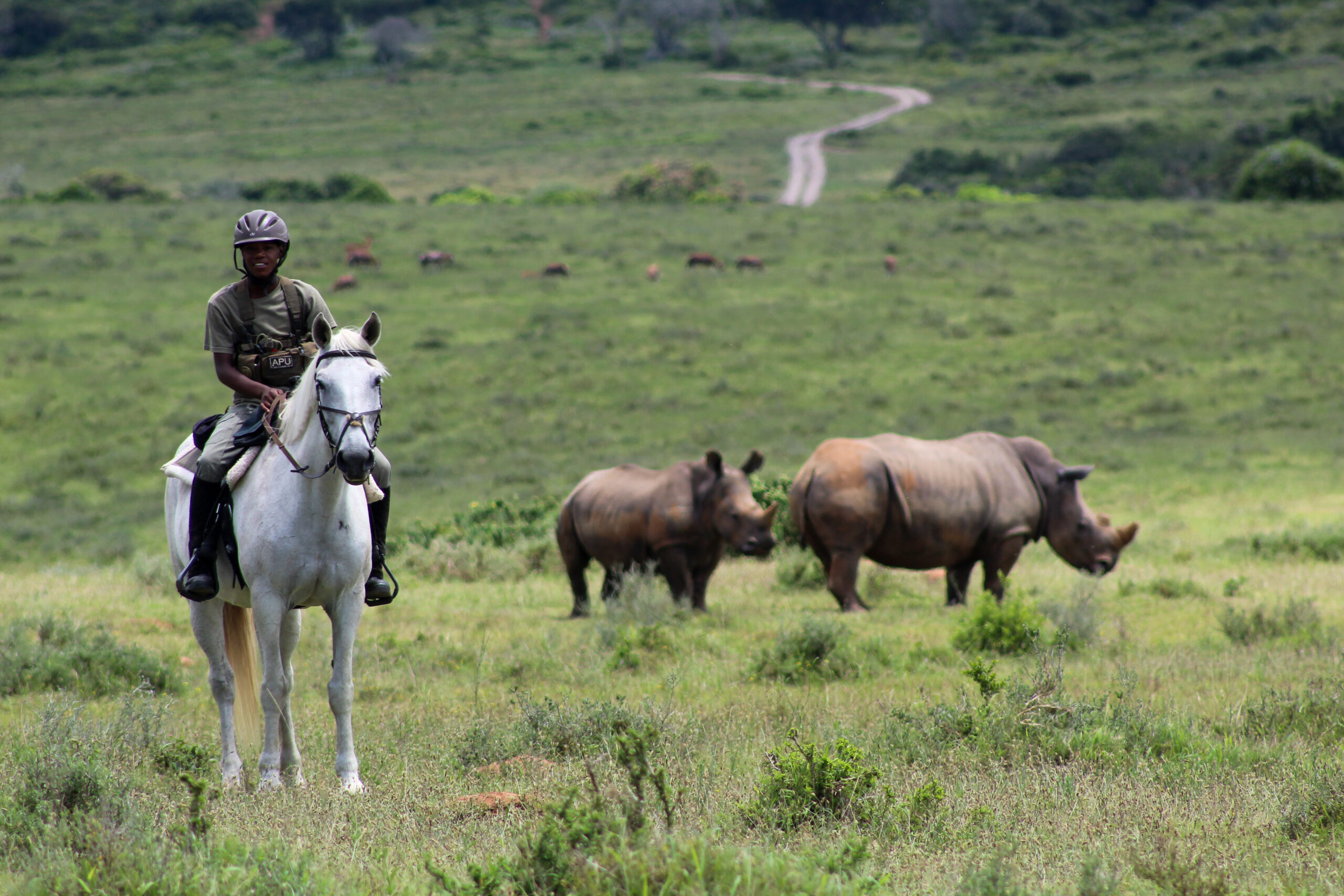
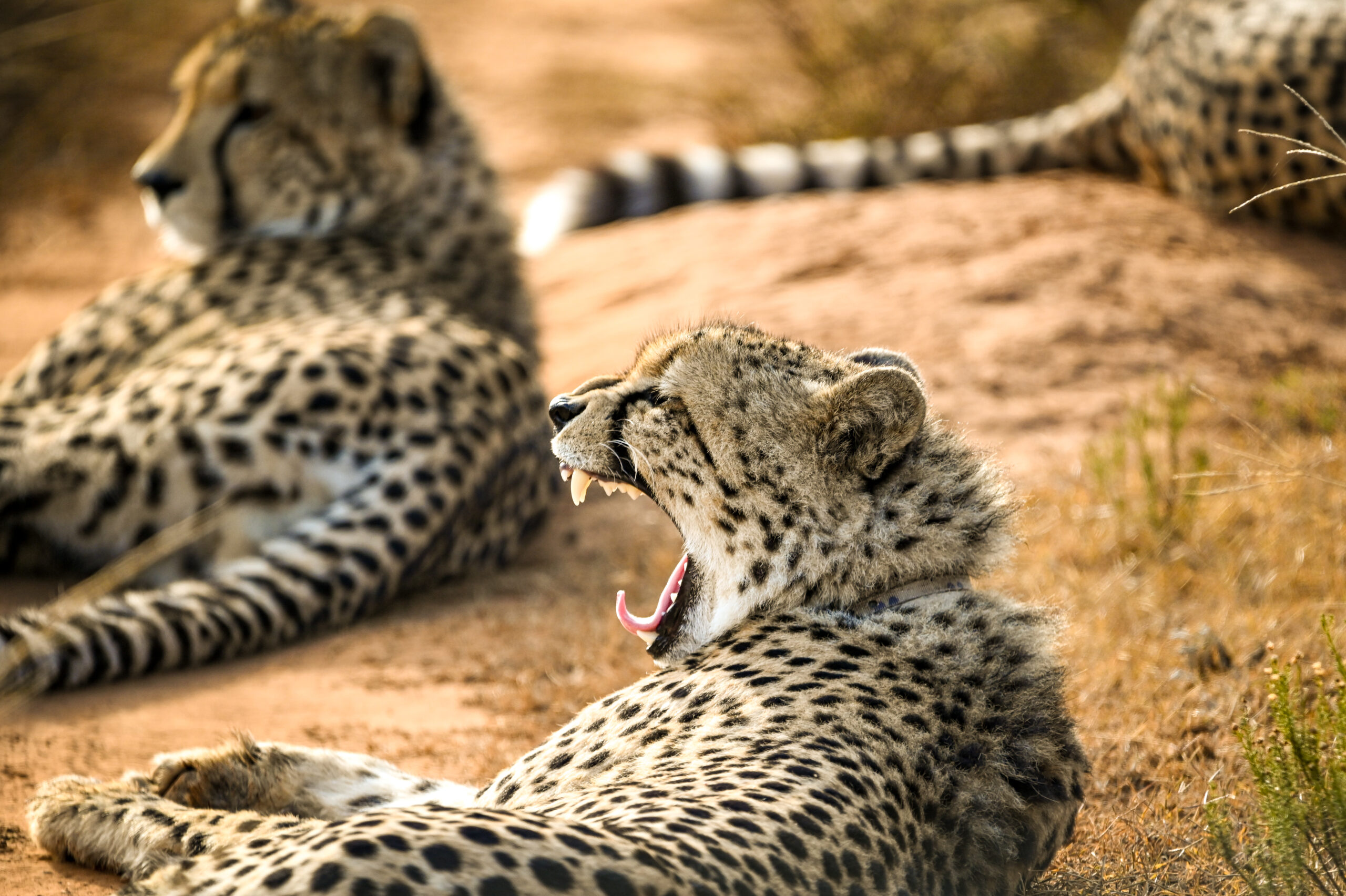
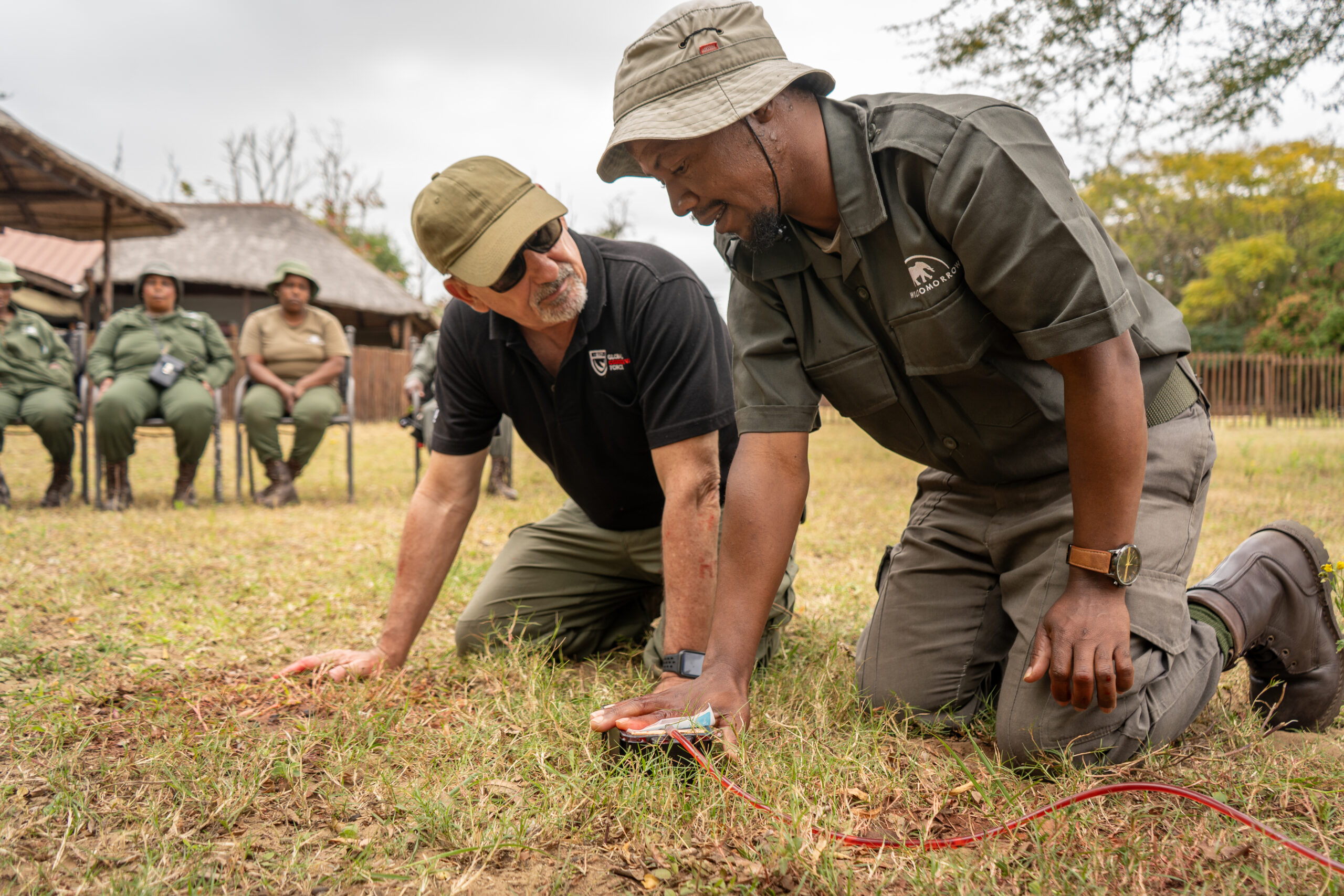
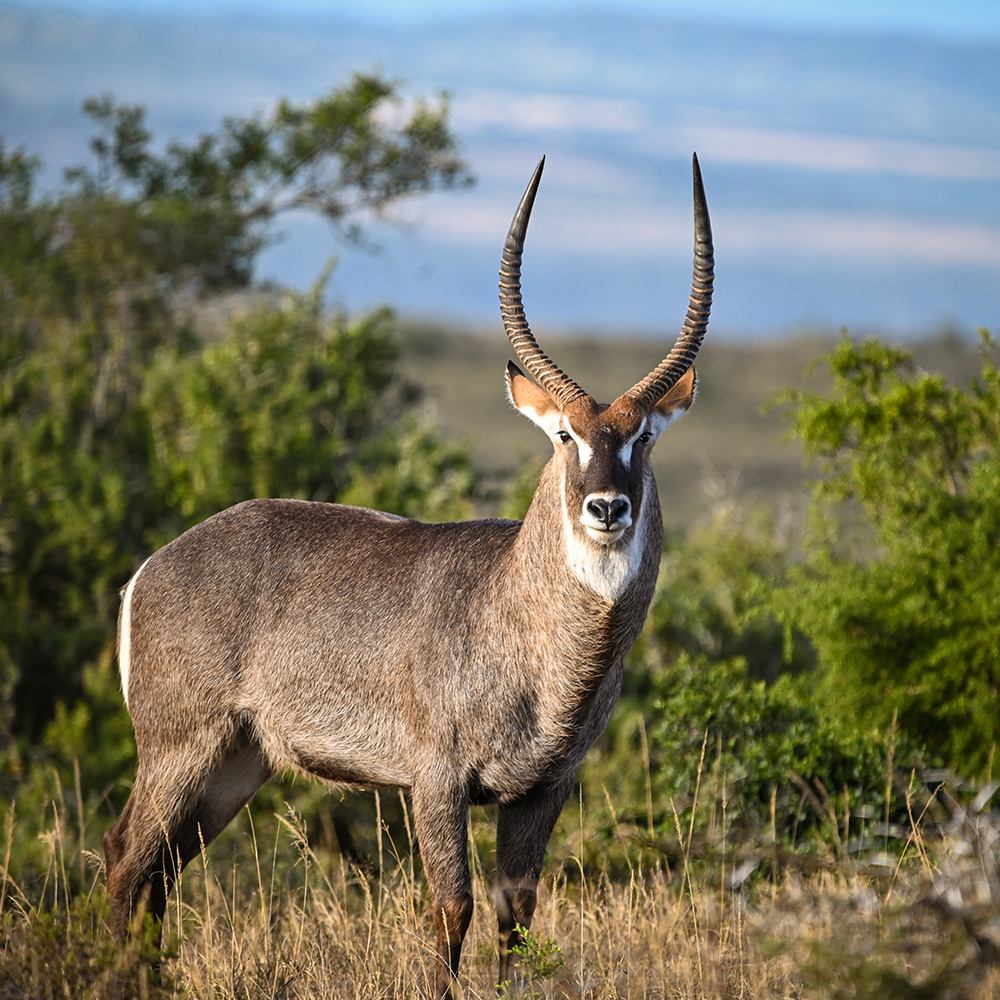
Leave a Reply